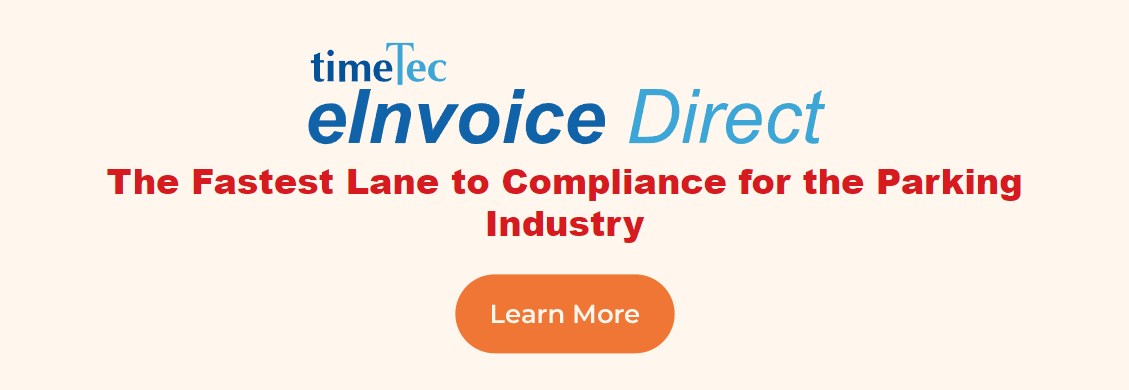For the first phase of mandatory e-invoicing, the LHDN is providing a six-month grace period to help taxpayers transition smoothly to the mandatory e-invoicing system. During this period, taxpayers can issue consolidated e-invoices instead of individual e-invoices for all transactions.
This relaxation should not be seen as a U-turn from LHDN. It is, in fact, inevitable due to the three different phases with varying mandatory timelines for all Malaysian companies.
For companies in the first phase, which have an income exceeding RM100 million, how can they issue individual e-invoices if their customers in later phases do not provide them with TIN (Tax Identification Number) information? These customers might think, “Why bother with e-invoicing if I can still accept normal invoices as proof of purchase?” Would you cancel orders from these ‘uncooperative’ companies? Only companies within the same phase will comply with the individual e-invoice requirements. However, the grace period allows first-phase companies to avoid issuing individual e-invoices even to each other, applicable to both B2B and B2C businesses.

The six-month grace period ends on January 31, 2025. This means that second-phase companies, with yearly incomes between RM25 million and RM100 million, will also receive an extra month not to issue individual e-invoices.
If the same business logic applies, does that means the enforcement of individual e-invoicing can only be implemented when third-phase companies, with yearly incomes below RM25 million, join the system on July 1, 2025?

However, LHDN may not extend the six-month grace period until the final batch of companies joins the bandwagon. Instead, it may enforce individual e-invoicing on first and second-phase companies, in addition to consolidated e-invoices. This is possible because companies have been given sufficient time to prepare for the rollout of their individual e-invoices.
At that stage, companies that provide TIN information and request individual e-invoices will compel mandatory companies to comply. Even so, LHDN may enforce this requirement only for B2B transactions, allowing B2C transactions to continue with consolidated e-invoices until July 1, 2025.
Since we don’t know exactly what route LHDN will take, our advice to parking operators is to make hay while the sun shines.

About TimeTec:
TimeTec Group was established in 2000. Over the past 20 years, the Group has developed three homegrown, globally recognized IT brands: FingerTec, TimeTec, and iNeighbour. These brands specialize in workforce management, security, smart parking, smart office, smart residential, and smart township solutions, harnessing the power of biometrics, cloud and edge computing, IoT, and AI technologies. All these solutions connect and reshape the landscape of work life and home life within a larger ecosystem.
Through an extensive network, TimeTec Group distributes its biometric hardware products and 18 cloud applications, including IoT devices, to more than 150 countries worldwide. Visit our company websites at TimeTec Cloud, FingerTec, iNeighbour, and TimeTec Building.
Various renowned clients have subscribed to TimeTec’s solutions, including IOI Properties, Putrajaya Holdings, Ibraco, Binastra, Thriven, Hock Seng Lee, QSR Brands, Central Sugars Refinery (CSR), Sunway Constructions, Mamee, Yakult, Nano Malaysia Berhad, and many more. The versatility and feasibility of TimeTec products also attract international customers from around the world, including Hong Kong, Dubai, Australia, South Africa, and beyond.
03-8070 9933 | Email | www.timeteccloud.com | Interest Form
